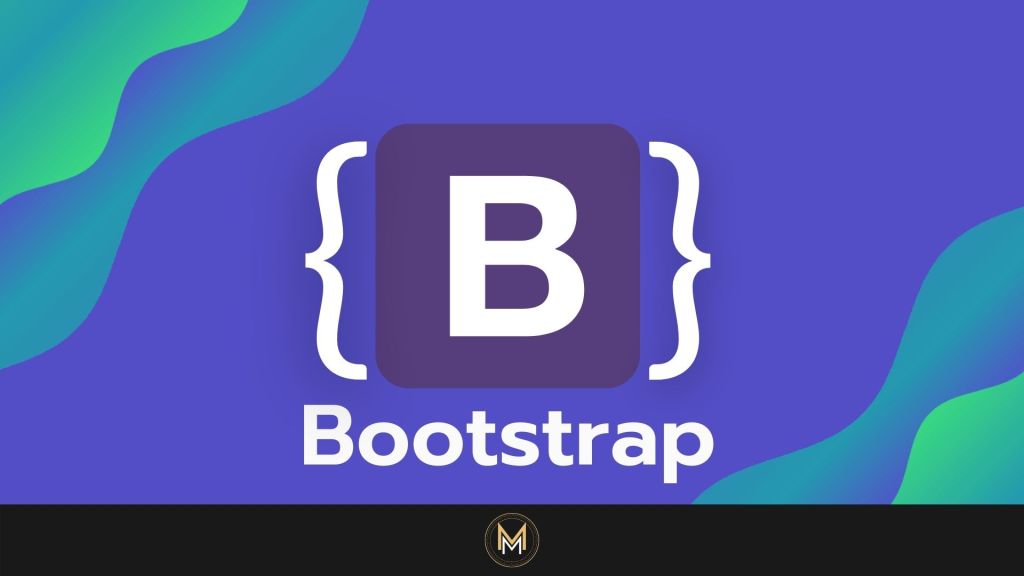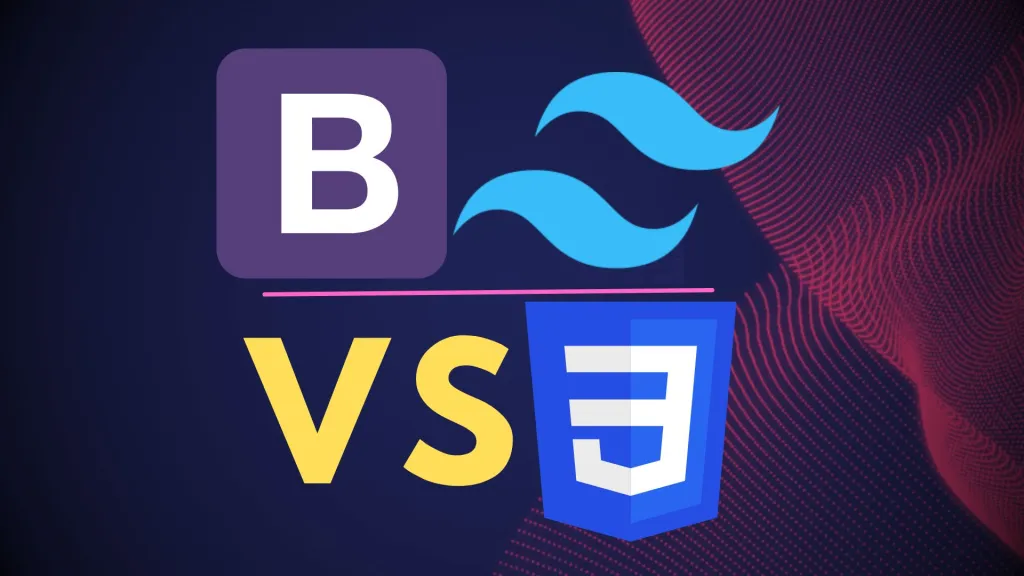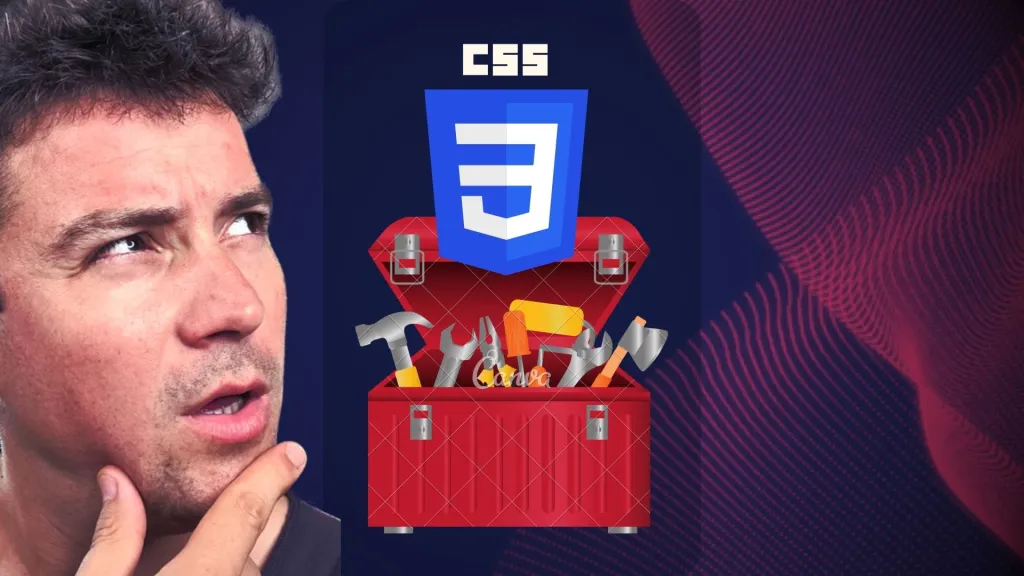CSS frameworks and custom CSS serve different purposes and offer distinct advantages and disadvantages:
CSS Frameworks:
- Pre-built Styles: CSS frameworks provide pre-written CSS styles and components that you can easily include in your web projects.
- Consistency: They ensure consistency across different parts of your website, making it easier to maintain a unified design.
- Rapid Development: By using pre-built components and styles, you can speed up the development process significantly.
- : Many CSS frameworks come with built-in responsive design features, making it easier to create websites that work well on various devices and screen sizes. Examples of CSS frameworks include Bootstrap, Foundation, Bulma, and Tailwind CSS.
Main CSS Frameworks
Complete Bootstrap 5 for Beginners with real world Projects

Custom CSS:
- Tailored to Your Needs: Custom CSS allows you to create styles specifically tailored to your project’s requirements.
- Flexibility: You have complete control over the design and layout of your website, without being limited by the constraints of a framework.
- Optimization: Custom CSS enables you to write only the styles you need, which can lead to a leaner and more optimized stylesheet.
- Learning Experience: Writing custom CSS provides an opportunity to deepen your understanding of CSS concepts and best practices. However, creating custom CSS from scratch can be time-consuming, especially for complex layouts or large-scale projects.
In summary, CSS frameworks offer convenience, consistency, and rapid development, while custom CSS provides flexibility, optimization, and a deeper understanding of CSS principles. The choice between them depends on factors such as project requirements, development timeline, and personal preference. Often, a combination of both approaches is used in web development projects.






Leave a Reply